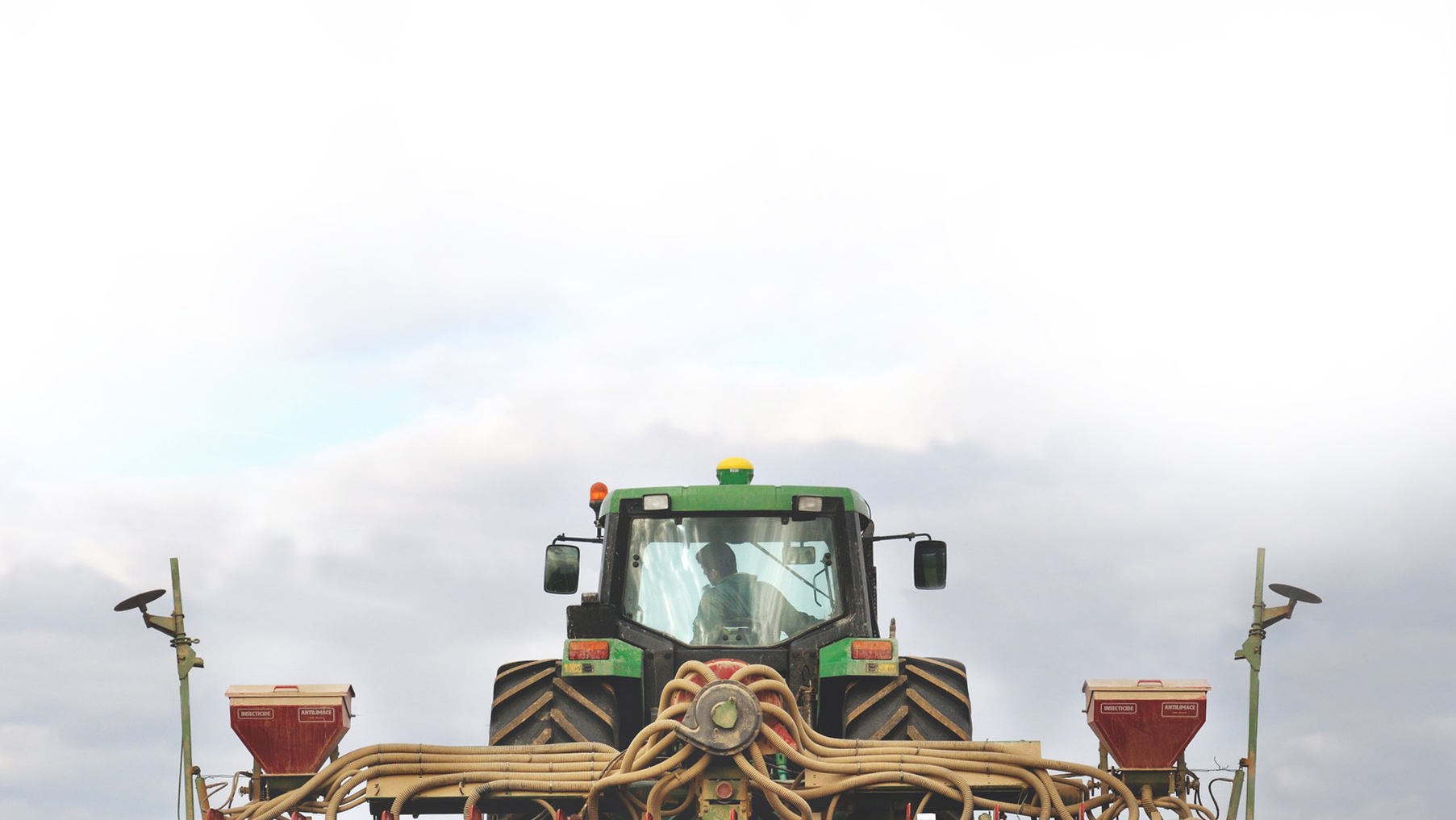Honey farming revives Zimbabwe’s farmers incomes and saves forests
Story by Ray Mwareya
When Stella Nzuma – 42 – was kicked off from her receptionist job of eight years, she obtained no pensions. Two years into her new job as a bee honey farmer, incomes have recovered, and her children can finish their education.
“I’ve a new saviour,” Stella smiles, “my bees work for me. They fill 1000 bottles of honey every year. My profits climb to $2500.”
Stella is part of 200 female honey bees farmers in eastern Zimbabwe who were trained by the International Red Cross in raw honey farming skills.
And honey sales are shooting, and the market is healthy. In 2015 alone there is an enviable a 1,9 ton global demand for honey. Stella and her colleagues are joyful but cautious. “Every beehive of mine produces 20kg of honey. I sell a 500 grams bottle for $3.”
Rural Zimbabwean farmers like Stella receive training in what is commonly known as the “The Kenyan Top Bar” beehive.
“The Top Bar hive is unique beehive because it follows the natural shape of the honeycombs with horizontal bars laid across the top of the hive. These can be carefully logged out, one by one, without disturbing bees,” explains Miles Banda, a technician for the UK charity Practical Action that canvasses and purchases beehives for low income Zimbabwean families.
“The Top Bar hive increases amounts of clean honey,” says Stella. “For a bottle of 100% pure honey our price increase to $4.”
In the past, honey farming in Zimbabwe, was an enterprise shunned. Bees were feared in the urban settlements, and where they flourished, the honey was housed in unmarked bottles and the business was dominated by male farmers.
That changed in 2010 when the state-run Standards Association of Zimbabwe agency began to to test farmers honey according to proper health and safety regulations.
Ben Rimi – 36 – is one bee keeper who has gained from having his honey held up to safety measurements. “I lost my driver job in November 2014. Our textile factory sent home 700 workers. In February 2015 I joined a community owned honey processing centre in my village. I’ve never looked back. Authorities say the quality of our honey is superb and may be offered to local drugs companies.”
Ben says the financial opportunities from his bees business are expanding. “For example wax, an unwanted waste product from our honey boxes is snapped up by companies that manufacture soaps and floor polishes.”
Priscilla Dembetembe, the International Rescue Committee economic recovery coordinator for Zimbabwe agrees. “This is the best time to become honey bee farmer in Zimbabwe vs the country’s relentless jobs. Farmer’s honey is needed by supermarkets, hospitals kitchens, hotels and factories.”
“Bee keeping is a life changing trade ,” explains Reggis Woyo an economist for the Zimbabwe Convention of Social Trade Unions, which provides free marketing and bookkeeping skills to honey farmers.
He adds, “for just $90 a student bee honey grower can purchase a hive smoker to dull bees, protective overalls, sturdy boots and bee brush. Bees stockpile honey after three months. This is remarkable; the average farmers harvests 600 honey bottles a year.”
Bee honey farming is a gift to Zimbabwe – a country grappling with vanishing forests. The regulatory Environment Agency of Zimbabwe credits bee farming with a 2% success in its forests replanting efforts. Severe climates, factory pollutions, and greedy tobacco processors are all blamed for the dramatic decline of honey bees species in Zimbabwe and elsewhere on earth.
“Clever farmers leave some honey in the hive for bees to make more production. That’s what we insist on,” says Pious Godo, an ecologist at the Agriculture and Rural Development Agency in the country’s capital Harare. “Bees keep forests unspoiled.”
Problems still persist. Zimbabwe, surprisingly, still imports 60% of its domestic honey needs. The industry is still overwhelmed by male farmers, shutting out women. An astonishing attack on Zimbabwe’s forests by tobacco farmers means some bees species are not thriving in the country.
But farmers still press forward in earnest. “This is a priceless sector of farming. Honey buys medicine for my kids and feeds then when my crops wilt in drought,” concludes Stella the female farmer.
(The writer Ray Mwareya is the Africa news correspondent for the Global South Development Magazine)



